Sikkim has long been regarded as a region of great interest to the archaeologists as a corridor through which the Neolithic Celt making techniques entered India from South East Asia. This volume documents the first ever exploration of the Northern, Central and Eastern regions of Sikkim. Working in rugged and difficult conditions, P.K. Mishra and his team uncovered and excavated twenty nine New Neolithic Sites in the course of the expedition, and recorded over hundred stone tools. These discoveries are fully documented in this volume. The typological analysis of the tools suggests two phases in their development, which forms the basis for a two fold schema that has been introduced for their identification. These phases are: Early phase with tools being wholly chipped and the edge ground; Later phase with pecked and edge ground and fully ground tools. Using this schema, the early phase shows common features with Hoabihian Culture of South East Asia dated to 10,000 B.C., and later phase assignable to 8000 B.C. shows a close affinity with that of South China and South East Asia. In describing these features for the first time, the discovery of this typology links Sikkim with its surrounding regions. Furthermore it suggests a uniform development for the whole area. While much more work needs to be done; the results described fill an important gap in our knowledge about the prehistory of the whole area. This volume also contains a comprehensive introduction to the beautiful and historic state of Sikkim, with sections on its geography, prehistory and modern historical development, and appendices on Neolithic cultural characteristics. A full bibliography and index have also been included.
Archaeological Exploration in Sikkim
In stock
Free & Quick Delivery Worldwide
reviews
Bibliographic information
Title
Archaeological Exploration in Sikkim
Author
Edition
1st ed.
Publisher
Sundeep Prakashan, 2008
ISBN
8175741910
Length
xviii+113p., 69 Plates; 5 Figures; 1Map.
Subjects

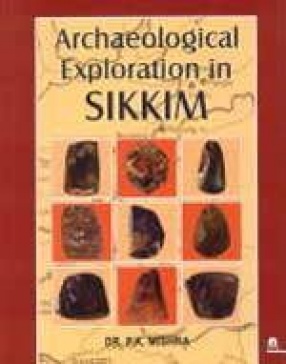
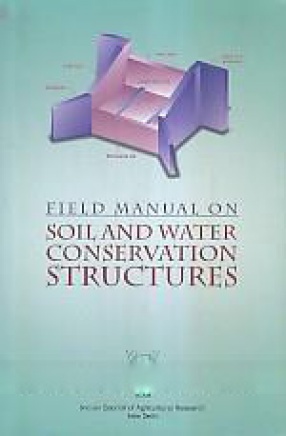

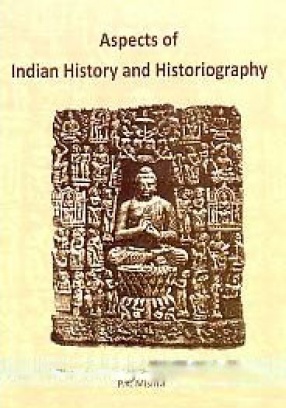
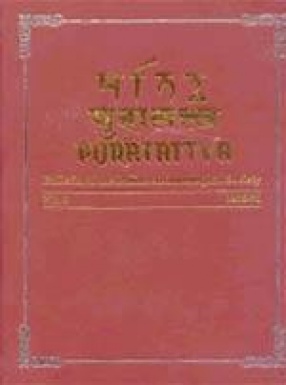
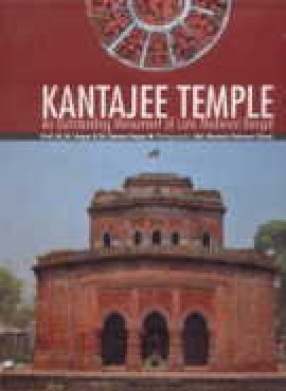
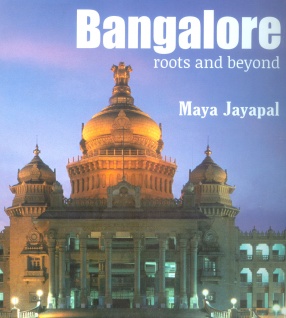
There are no reviews yet.